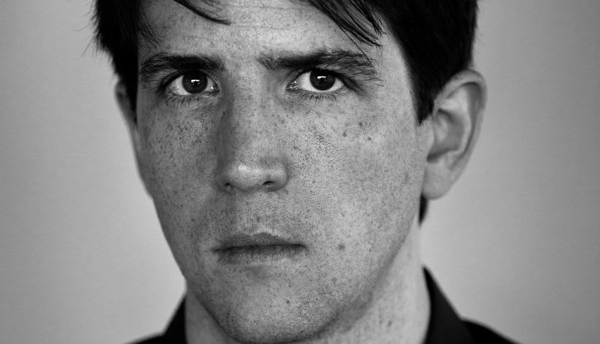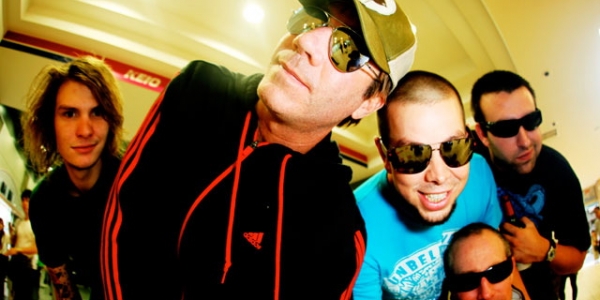Pallett describes his latest album, In Conflict, as one that approaches insanity as an equal way of being. “When I first started doing it, I felt that the reasons I was writing the record were because I thought they would be of benefit or use for other people to hear,” he says. “Certainly the response has been that that is the case for some songs. Other people I know have heard them and said, ‘This just puts me into a depressed state – I can’t even listen to them’.”
For Pallett, it’s been a combination of the positive and the horrifying, depending on the time and happenings of a particular day. “My mind is still a work in progress,” he says. “I’m still dealing with it on a daily basis with different forms of this or that – generally, the stuff I have to deal with is what my psychiatrist terms as general anxiety disorder and depression. Some days it’s worse than others.”
Pallett has always been an astute observer of society and culture. In an interview last year, he asserted the arts and entertainment world isn’t nearly as progressive as many would like to believe, and there remained a hetero-normality within. “I don’t really try to speak prescriptively about what art should or should not do; I simply make observations,” he conveys… Fundamentally, I believe that art has, over the last 20 years, gone from being something that is critical to being something that is complacent.
“It’s my interest to make something that is critical,” he affirms. “The music I’m most inspired by is ‘60s protest songs. I’m not inspired by modern indie-rock or modern R&B – I think that it’s all window dressing… It’s all comfort food and it’s not for me.”
Pallett studied classical violin from the age of three and composed his first piece at 13. He’s written string, bass and orchestral arrangements for numerous bands, composed a violin concerto and pieces for ballet, performed with various orchestras, and is also a member of Arcade Fire’s touring lineup. However, it’s his solo work that truly represents his artistic ideals.
“It used to be that success was less of a factor in the assessment of one’s quality or one’s relevance,” asserts the masterful multi-instrumentalist. “We’ve all seen The National and St. Vincent and Arcade Fire go from being bands that would play to 400 to bands that play for 4000 or 40,000 people… Having been closely involved with those musicians, even though it’s good as a source of income, as an artist I feel much less drawn to it having been exposed to it.”
In Conflict is a haunting and profoundly affecting album with ghostly melodies, aching vocals and a majestic splendour. While Pallett maintains a firm conviction in making art that’s critical, it’s often caused hardships, psychologically. “A major factor in the writing of In Conflict and also Heartland is my observation that when the creative state is married to your need to make money off what you create, it can put your brain in terrible places. Over the last ten years, I’ve seen the music that I make and the way I sell it destroy my mind, my body, my relationships and social circle.
“Even musicians who ostensibly have the most successful careers, they still suffer from imposter syndrome. And more recently, it’s taken its toll on my relationship. It’s tough – I’m not trying to sound sad about it because I’m still doing it; I’m very much in control of my life, and I think what I do is very important and I wouldn’t change anything, but it is very difficult.”
BY CHRISTINE LAN







